SUMMARY
This is AI generated summarization, which may have errors. For context, always refer to the full article.

The Philippine government loses yet again a batch of cases involving Marcos ill-gotten wealth, this time because the Supreme Court ruled that the coco levy cases against the late crony Eduardo “Danding” Cojuangco took too long in court, in violation of the constitutional right to a speedy trial.
The Supreme Court Third Division ruled on April 21, the decision uploaded only on November 11, to junk six civil suits against Cojuangco and barred the anti-graft court Sandiganbayan from taking any further action on the 32-year-old cases.
“These incidents in the Sandiganbayan proceedings depict more than a perfect picture of an inordinate delay which is violative of one’s right to speedy administration of justice,” said the decision penned by now-retired Associate Justice Edgardo delos Santos, with concurrences from Associate Justice Marvic Leonen, Ramon Paul Hernando, Henri Jean Paul Inting and Jhosep Lopez.
The cases worth an undisclosed amount involved earnings from coco levy funds, or taxes paid by coconut farmers, by creating companies, making settlements, and unlawful disbursement of the funds. One of the six suits also involved the acquisition of Pepsi-Cola.
The case was filed in 1987, and in 1999, the Sandiganbayan divided it into eight suits. Two of them were resolved since, and the remaining six never reached trial. In the years since, the Sandiganbayan had been denying motions to render judgment, and rejected Cojuangco’s motion to put the cases on calendar.
This prompted Cojuangco to go to the Supreme Court in July 2019 to invoke his right to a speedy trial. Cojuangco died at the age of 85 in July 2020.
The Supreme Court said the Sandiganbayan’s rejection of Cojuangco’s motion to be put on calendar was proof “of its gross disregard and violation of petitioner’s rights.”
“Taken in its entirety, the acts of the Sandiganbayan pertaining to the subject cases shows a pattern constituting an abominable example of vexatious, capricious and oppressive delay in the dispensation of justice,” the Supreme Court said.

The PCGG
The Presidential Commission on Good Government (PCGG) reasoned that the delay was due to “complexity of issues, voluminous records, extraordinary number of parties, frequent resort to the Court seeking review of orders or resolutions and observance of judicial courtesy.”
The Supreme Court was not convinced, adding that even if trial was to start now, Cojuango is defenseless on account of his death and “would certainly result to a very tilted judicial system against petitioner and would skew the fairness in hearing the subject matter of the cases.”
The coco levy fund scam, a corruption of taxes from coconut farmers, enabled Cojuangco and others to ammass roughly P8 billion in ill-gotten wealth with the help of the late dictator Ferdinand Marcos.
Inordinate delay is not merely mathematical, the prevailing decision being to exclude the fact-finding phase from computation. But how long is too long? The Court would consider all contexts, but in this case, the High Court said “the delay is beyond the time periods provided in any of the rules applicable to the Sandiganbayan at any given point in time.”
Inordinate delay has cost the Office of the Ombudsman many big-ticket cases before. For Cojuangco, the Supreme Court said both the PCGG and Sandiganbayan did not specify which issue was too complex, records too voluminous, or motions too laborious, to justify the delay.
“That [Cojuangco] is not in the position to defend himself now or that his defense has been greatly prejudiced by the delay or passage of time is very obvious,” said the Supreme Court.
This loss would cut into the P125 billion that the PCGG still needs to recover to distribute to farmers, and to fund the country’s agrarian reform, among other recovery plans from the corruption during martial law.
It also adds to a complicated picture of how the PCGG and the Office of the Ombudsman had been litigating the complex network of the Marcos ill-gotten wealth. Before this loss, the PCGG scored a P1 billion win against a Marcos-controlled bank, but that bank had long been dissolved. PCGG said it will run after the San Miguel subsidiary Bank of Commerce to get the money.
– Rappler.com
Add a comment
How does this make you feel?
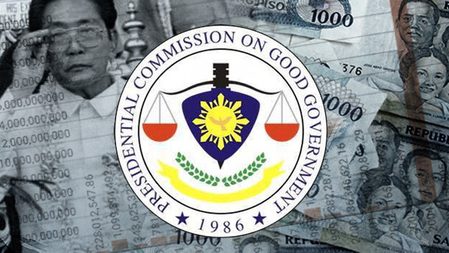
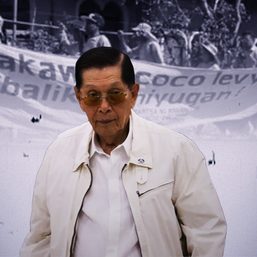
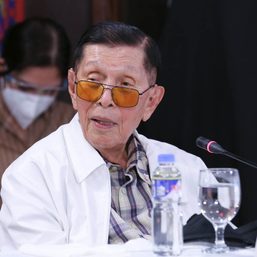
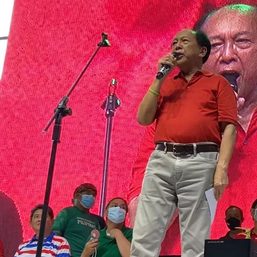

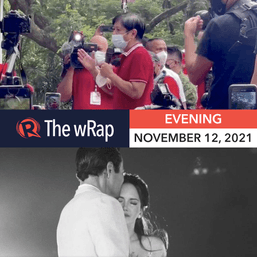
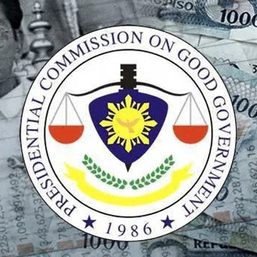
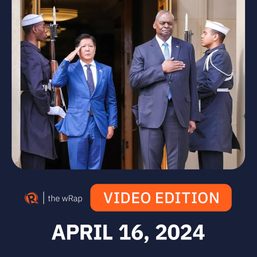
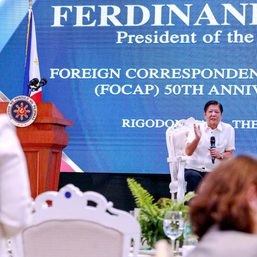
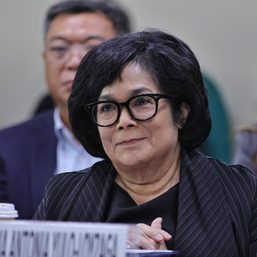
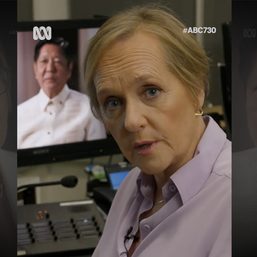

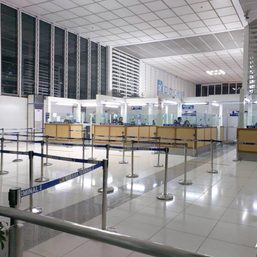


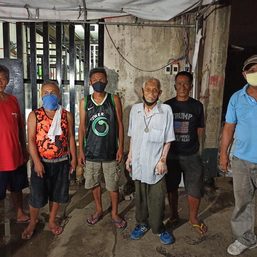

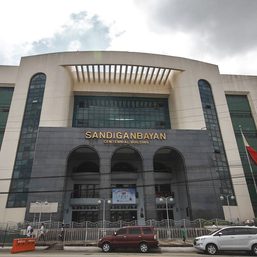
There are no comments yet. Add your comment to start the conversation.